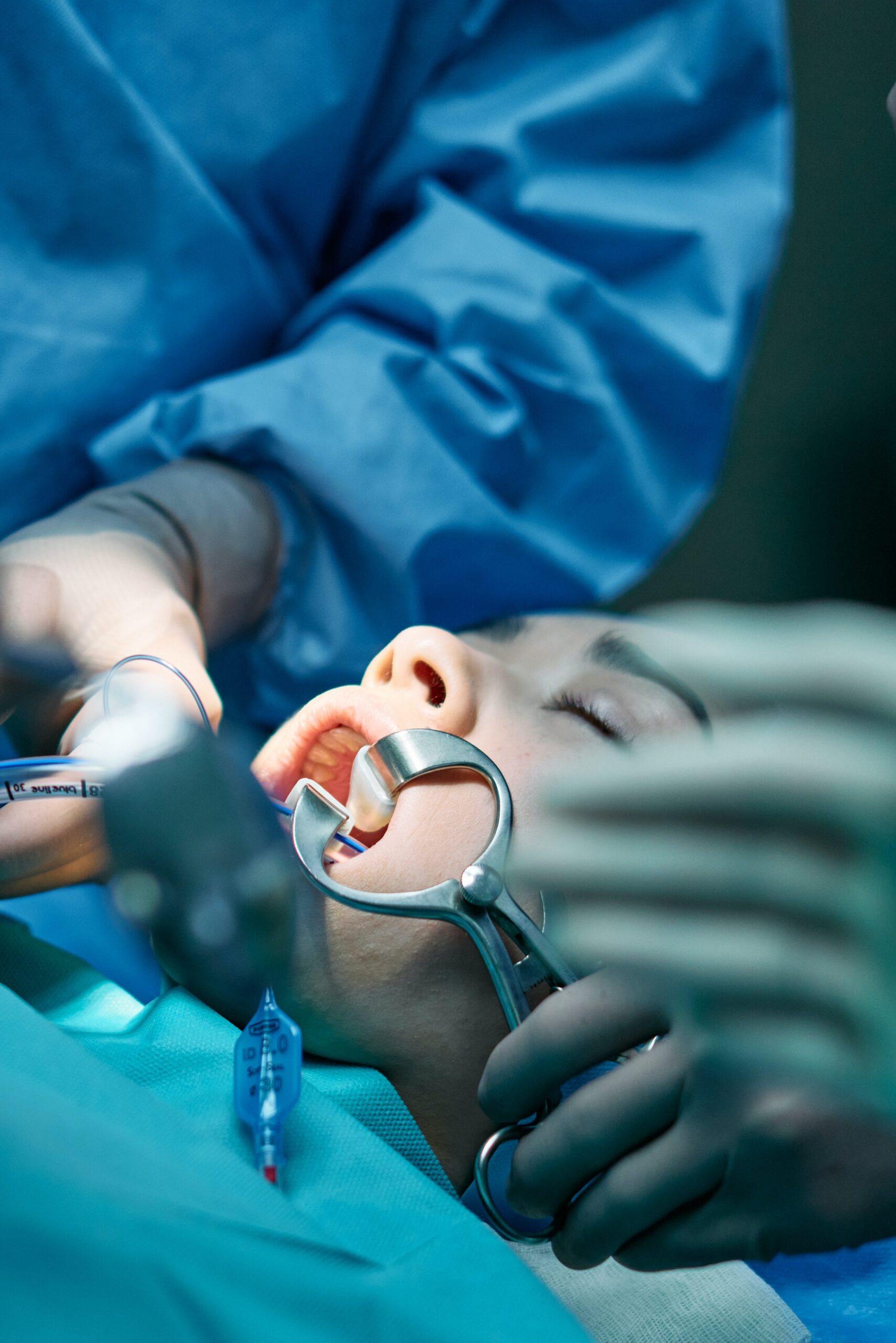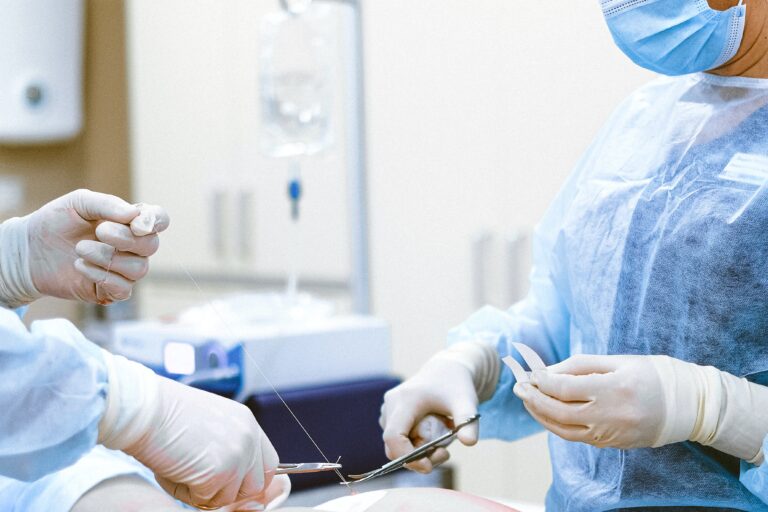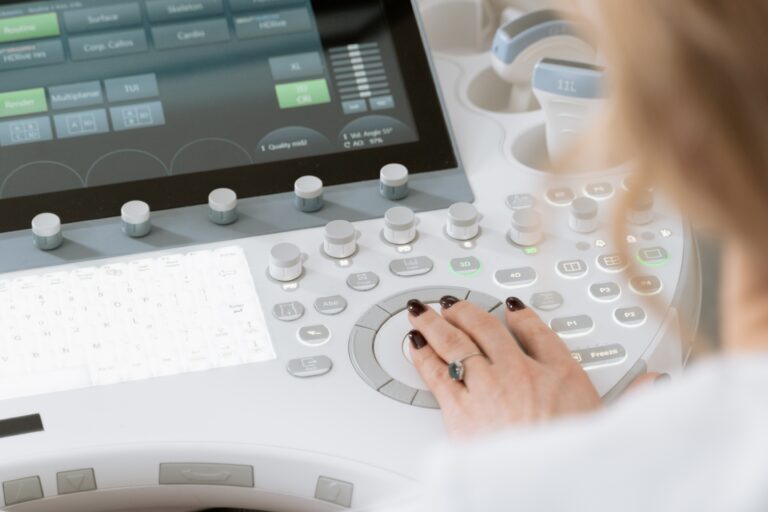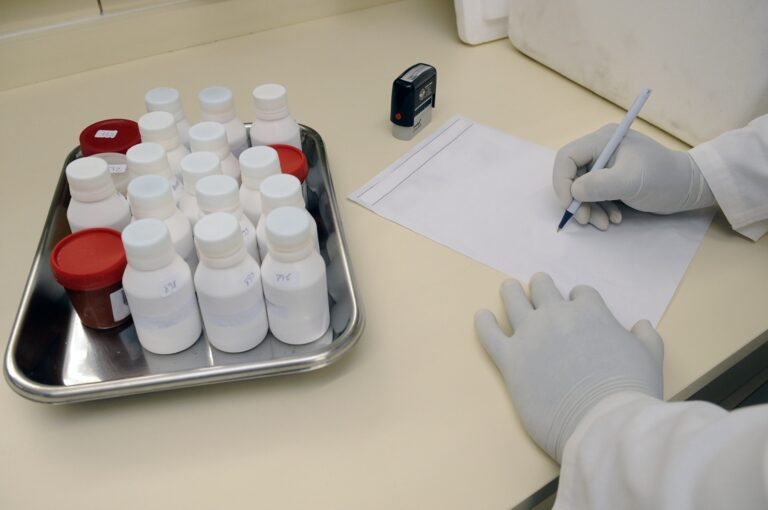Is oral surgery covered by Blue Cross medical insurance?
From repositioning the jaw to tumor removal, people avail insurance to reap benefits while saving money. One such place to avail of this is Blue Cross Medical Insurance. This article explores if Blue Cross medical insurance covers oral surgery.
Let’s take a look.
Does Blue Cross Medical Insurance cover oral surgery?
Yes, Blue Cross medical insurance covers oral surgery when the patient has:
- A dental issue that negatively affects a medical condition.
- Disruption in daily life.
- Requires that the patient undergo medical/surgical treatment for a specific deformity after an accident.
A procedure must be done in a hospital setting to treat these medical issues. Remember, to get insurance; the dental condition must be corrected to improve the underlying medical condition and not for facial enhancement.
Steps to Ensure that Insurance covers your surgery –
| S.No | Steps | Description |
|---|---|---|
| 1 | Approved Provider | Carry your insurance information and ID – Ensure you take your insurance information and a valid ID for your appointment. |
| 2 | Written Referral | Get a written referral from your primary care physician – Insurance companies require a referral letter from your primary care physician before they cover your visit and procedure. |
| 3 | Insurance Information and ID | Get a predetermination of Benefits – Ask the office staff of your dentist or dental specialist if they have any experience with filing medical claims. They should be able to help you get a predetermination of benefits and indicate how likely you will be covered. |
| 4 | Predetermination of Benefits | Get a predetermination of Benefits – Ask the office staff of your dentist or dental specialist if they have any experience with filing medical claims. They should be able to help you get a predetermination of benefits and indicate how likely it is that you will be covered. |
Does insurance cover anesthesia?
You can typically count on your medical/dental insurance to cover any anesthesia or sedation needed for oral surgery. Medical insurance might cover general anesthesia provided by a certified anesthesiologist. Ordinarily, your medical insurance would cover oral sedation, nitrous oxide, or laughing gas.
When using anesthesia involving intravenous injection, you must ensure that your health insurance will contribute to the cost, or you risk being saddled with a hefty hospital bill.
Who Decides the Coverage?
Insurance claims for both medical and dental treatments utilize particular codes to specify the services provided. These include details about the surgery type, complexity, involved teeth, and any anesthesia or sedation used. Whether a code gets covered depends on the insurance policy.
The most effective way to determine if a procedure gets covered is to collaborate with a dental professional, preferably an oral surgeon, experienced in filing medical claims. Since the claim processes differ for medical and dental insurances, having an expert in your corner is invaluable.
What is considered under oral surgery to get insurance?
Oral surgery will be determined as a medical necessity under these circumstances:
| S.no. | Criteria | Description |
|---|---|---|
| 1. | Treatment for facial bone fractures | Insurance may cover oral surgery when the patient requires medical procedures to treat accidental injuries to the jaws, cheeks, lips, tongue, roof, or floor of the mouth. |
| 2. | Removal of tumors or cysts | Surgical removal of tumors or cysts from the tongue, roof, cheeks, jaws, or mouth’s floor is considered under oral surgery for insurance purposes. |
| 3. | Surgical extraction of impacted teeth | When the patient requires surgical treatment of accidental injuries to any teeth that had an unbroken root or were part of a permanent bridge before the injury, insurance may cover oral surgery to restore the damaged teeth fully. |
| 4. | Treatment of accidental injuries | Congenital abnormalities and disorders affecting the mouth’s jaws, cheeks, lips, tongue, roof, or floor, caused by illness or prior therapeutic methods, can be treated surgically and covered by insurance under oral surgery. |
| 5. | Treatment of congenital abnormalities and disorders | Congenital abnormalities and disorders affecting the mouth’s jaws, cheeks, lips, tongue, roof, or floor, caused by illness or prior therapeutic methods, can be treated surgically and may be covered by insurance under oral surgery. |
| 6. | Surgical treatment of accidental injuries to teeth | When the patient requires surgical treatment of accidental injuries to any teeth that had an unbroken root or were part of a permanent bridge before the injury, insurance may cover oral surgery to restore the damaged teeth fully. |
| 7. | Drainage of cellulitis or abscesses | Insurance coverage for oral surgery may include the drainage of cellulitis or abscesses using an external incision. |
Besides covering the criterion mentioned above, the Blue Cross medical insurance also includes consultation by a well-qualified oral surgeon, X-rays, and other diagnostic tests. Also, the insurance company also covers durable medical equipment or prosthetic appliances like obturators or surgical splints.

Specific codes are needed to represent the services when filing claims with your health and dental insurance. The type of oral surgery, its complexity, the involved tooth, anesthesia/sedation, and other details are described in codes. Then, the insurance policy will specify whether codes are covered or not.
How to prepare for oral surgery?
If you have oral surgery scheduled, you should prepare yourself beforehand so that you can have the treatment without any issues and heal quickly. Follow the below-mentioned tips to be well-prepared.
- Ensure you do not consume anything 12 hours before the oral surgery. Similarly, ensure that you haven’t smoked for 24 hours before the procedure.
- Another thing to take care of is to dress appropriately. Wear loose-fitting, comfortable clothing with short sleeves, especially if you have an IV drip scheduled.
- Prepare a menu of easy-to-chew soft foods in advance and avoid having hot and acidic food to prevent gum irritation. Other quick food items like muesli, oats, and porridge are excellent options.
- Do not be ashamed to ask for help; you can ask a friend or family member to drive you home after the surgery.
Conclusion
In short, yes, Blue Cross Medical Insurance covers oral surgery, provided it is because of genuine issues causing day-to-day trouble and not just to appear aesthetically pleasing.
Read a similar article like this: How to get insurance to pay for skin removal on arms?






